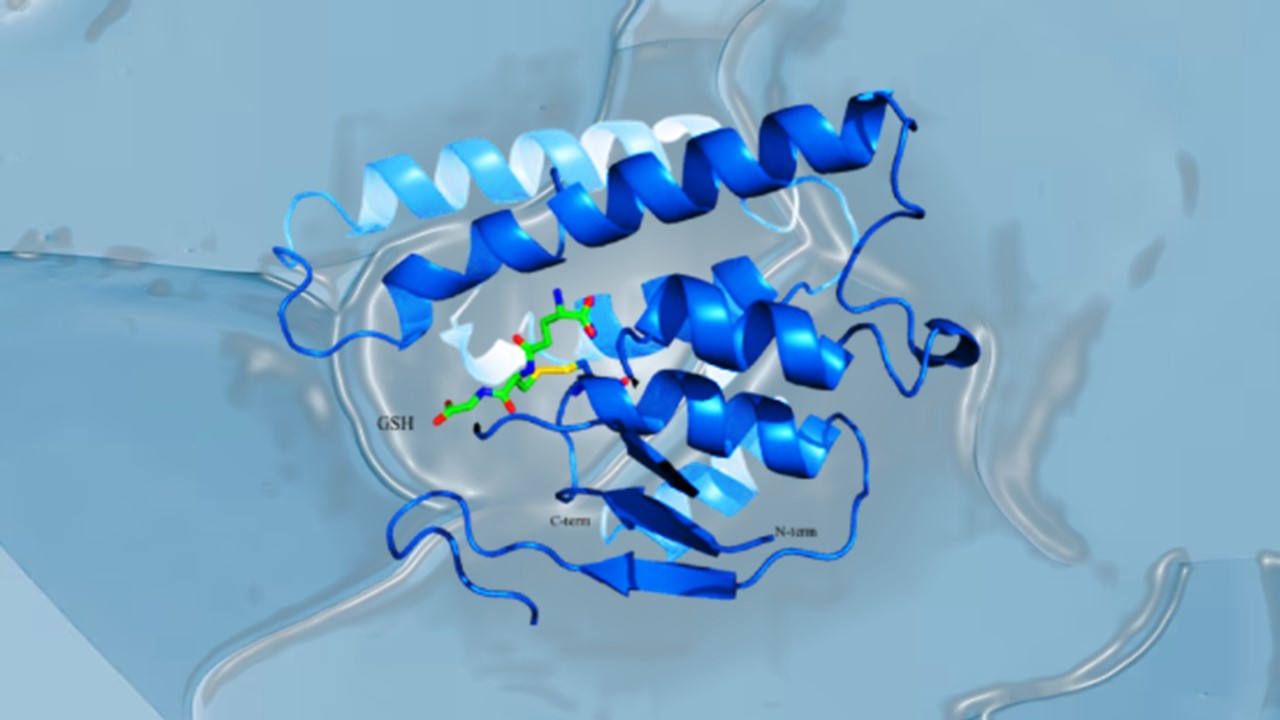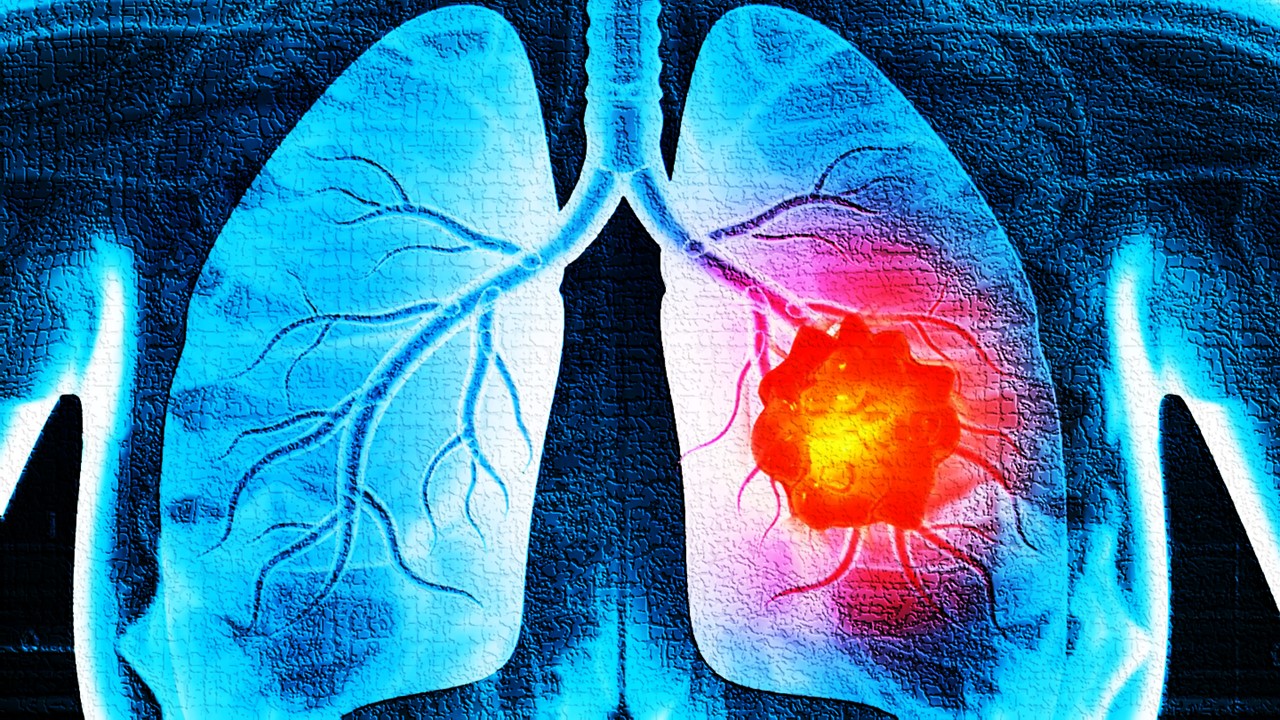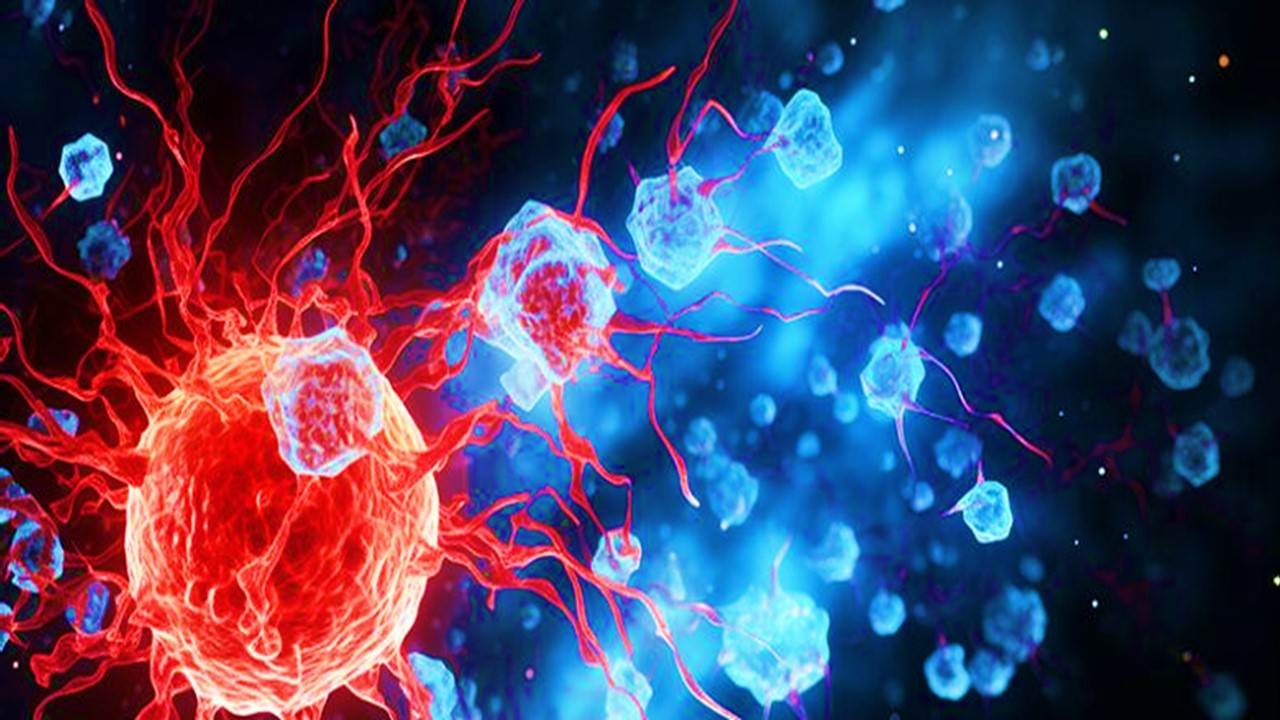Immune checkpoint inhibitors (ICIs) are at the vanguard of the cancer immunotherapy revolution, which has completely changed how cancer is treated. ICIs do not, however, work for all cancer patients, and even those who do can eventually develop resistance. The significance of gut microbiota in influencing the immune system has been identified as a means of increasing the efficacy of ICIs.
Recent research has shown that a dietary tryptophan metabolite, released by intratumoral Lactobacillus reuteri, can facilitate immune checkpoint inhibitor treatment.
In-House Microbes In A Nutshell
The gastrointestinal system is home to a complex colony of bacteria known as the gut microbiota, or gut flora. Over 100 trillion microorganisms, including bacteria, viruses, fungus, and archaea, are thought to reside in the gut. The gut microbiota is extremely diverse and varies greatly from person to person, depending on things like nutrition, lifestyle, genetics, and exposure to the environment.
Health and disease in humans are strongly influenced by the gut microbiota. It participates in a number of physiological functions, including metabolism, nutrient absorption, and digestion. Additionally, it modifies the immune system and has an impact on the growth and operation of several organs, including the pancreas, liver, and brain.
According to research, dysbiosis, or changes in the makeup of the gut microbiota, is linked to a number of illnesses, including inflammatory bowel disease (IBD), obesity, diabetes, and cancer. The multiplication of harmful bacteria and the loss of helpful bacteria, known as dysbiosis, can cause inflammation, immune system malfunction, and other health issues.
Diet, probiotics, antibiotics, and fecal microbiota transplantation (FMT) are some of the variables that might affect the composition of the gut microbiota. Diet has a significant impact on the composition of the gut microbiota, with research demonstrating that a high-fiber, plant-based diet might encourage the proliferation of probiotic bacteria. Live bacteria known as probiotics that are eaten can influence the composition of the gut microbiota and enhance a number of health outcomes. On the other hand, antibiotics can alter the composition of the gut microbiota and result in dysbiosis, which can cause a number of health issues.
FMT is a novel approach to treating dysbiosis and other gut-related diseases. It involves the transfer of fecal matter from a healthy donor to a recipient to restore gut microbiota composition and improve various health outcomes. FMT has been shown to be effective in treating recurrent Clostridium difficile infection, IBD, and other gut-related disorders.
The Role of Gut Microbiota in Cancer Immunotherapy
As was mentioned, the gut microbiota is a diverse community of microorganisms that live in the digestive tract. Recent studies have shown that gut microbiota can modulate the immune system and have an impact on cancer development and progression.
In particular, the composition of gut microbiota has been shown to influence the efficacy of cancer immunotherapy. Studies have found that certain types of gut bacteria can enhance the response to immune checkpoint inhibitors (ICIs), while other types can reduce the response or even promote resistance. This has led to the development of strategies to modulate gut microbiota composition to enhance the efficacy of ICIs.
Intratumoral Lactobacillus reuteri and its Tryptophan Metabolite
In a recent study published in Cell, researchers discovered that intratumoral Lactobacillus reuteri can facilitate the response to ICIs. The study found that this bacterium produces a tryptophan metabolite called indole-3-aldehyde (IAld), which enhances the efficacy of ICIs in mouse models of cancer.
IAld works by increasing the activation and proliferation of T cells, a key component of the immune system. T cells are responsible for recognizing and destroying cancer cells, and ICIs work by removing the brakes on T cells, allowing them to attack cancer cells more effectively. IAld enhances this process by activating the T cells and increasing their numbers.
About Tryptophan
Tryptophan is an essential amino acid, which means that the body cannot synthesize it and must obtain it from the diet. Chemically, tryptophan is an aromatic amino acid with a molecular weight of 204.229 g/mol and a molecular formula of C11H12N2O2. It has a unique chemical structure that contains an indole ring, which is a common structural feature in many biologically active compounds.
Tryptophan plays a critical role in protein synthesis and is a precursor for the synthesis of several important molecules, including serotonin and melatonin. Serotonin is a neurotransmitter that regulates mood, appetite, and sleep, while melatonin is a hormone that regulates the sleep-wake cycle.
There are several natural sources of tryptophan, including both animal and plant-based foods. Some of the best sources of tryptophan include turkey, chicken, fish, eggs, cheese, and milk. Plant-based sources of tryptophan include soybeans, tofu, nuts, seeds, and grains such as quinoa and buckwheat.
The amount of tryptophan in a particular food can vary depending on several factors, such as the protein content, processing, and cooking methods. For example, cooking and processing can reduce the amount of tryptophan in foods, while combining foods with complementary amino acid profiles can increase tryptophan availability.
Implications for Cancer Treatment
The discovery of the role of IAld in enhancing the response to ICIs has important implications for cancer treatment. By modulating the gut microbiota, it may be possible to enhance the efficacy of ICIs and overcome resistance to treatment. Furthermore, the study suggests that the composition of the gut microbiota may be a biomarker for predicting response to ICIs. This could lead to personalized treatment plans for cancer patients based on their individual gut microbiota.
The researchers, nevertheless, are quick to note that their findings are not meant to be recommendations for immediate implementation of dietary restrictions and or modifications to improve cancer prognosis but solely as the springboard from which more information about the aforementioned interactions may be gathered and hinged upon.
As researchers continue to study the complex interactions between gut microbiota and the immune system, we may see new breakthroughs in cancer treatment that could change the lives of millions of people worldwide.
Study DOI: 10.1016/j.cell.2023.03.011
Subscribe
to get our
LATEST NEWS
Related Posts

Immunology & Oncology
The Silent Guardian: How GAS1 Shapes the Landscape of Metastatic Melanoma
GAS1’s discovery represents a beacon of hope in the fight against metastatic disease.

Immunology & Oncology
Resistance Mechanisms Unveiled: The Role of Glutathione S-Transferase in Cancer Therapy Failures
Understanding this dual role of GSTs as both protectors and accomplices to malignancies is central to tackling drug resistance.
Read More Articles
Myosin’s Molecular Toggle: How Dimerization of the Globular Tail Domain Controls the Motor Function of Myo5a
Myo5a exists in either an inhibited, triangulated rest or an extended, motile activation, each conformation dictated by the interplay between the GTD and its surroundings.
Designing Better Sugar Stoppers: Engineering Selective α-Glucosidase Inhibitors via Fragment-Based Dynamic Chemistry
One of the most pressing challenges in anti-diabetic therapy is reducing the unpleasant and often debilitating gastrointestinal side effects that accompany α-amylase inhibition.













